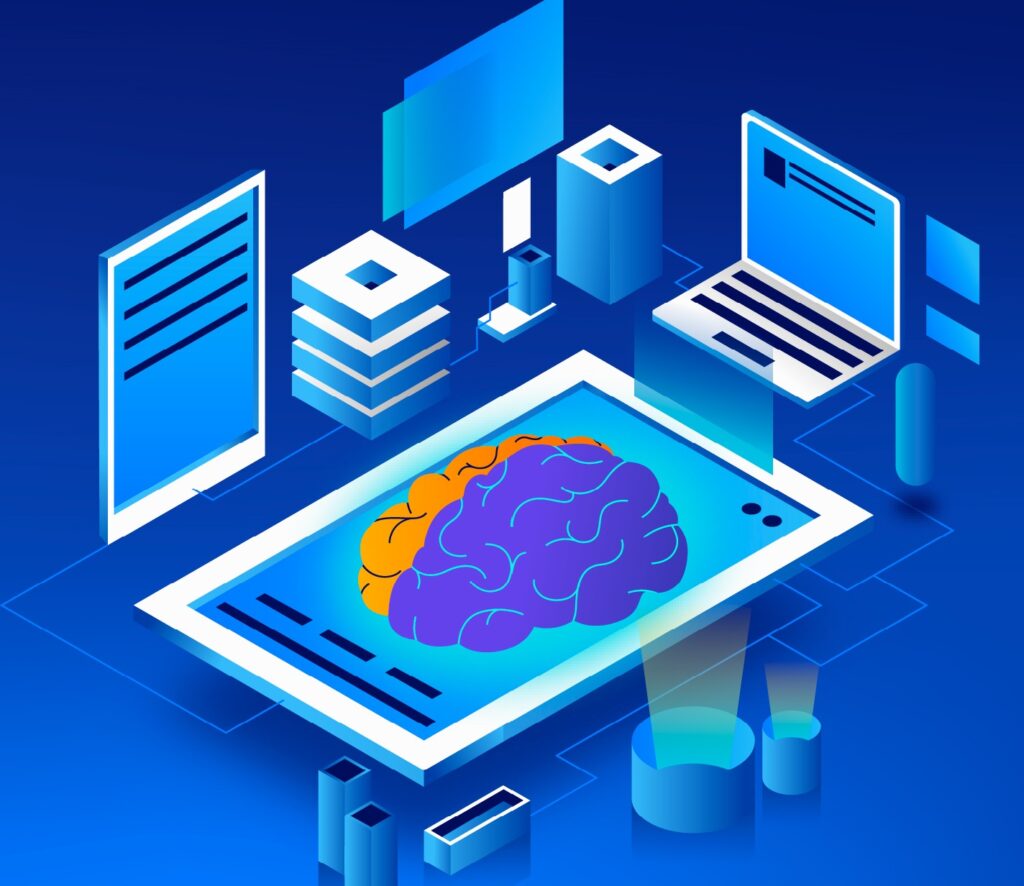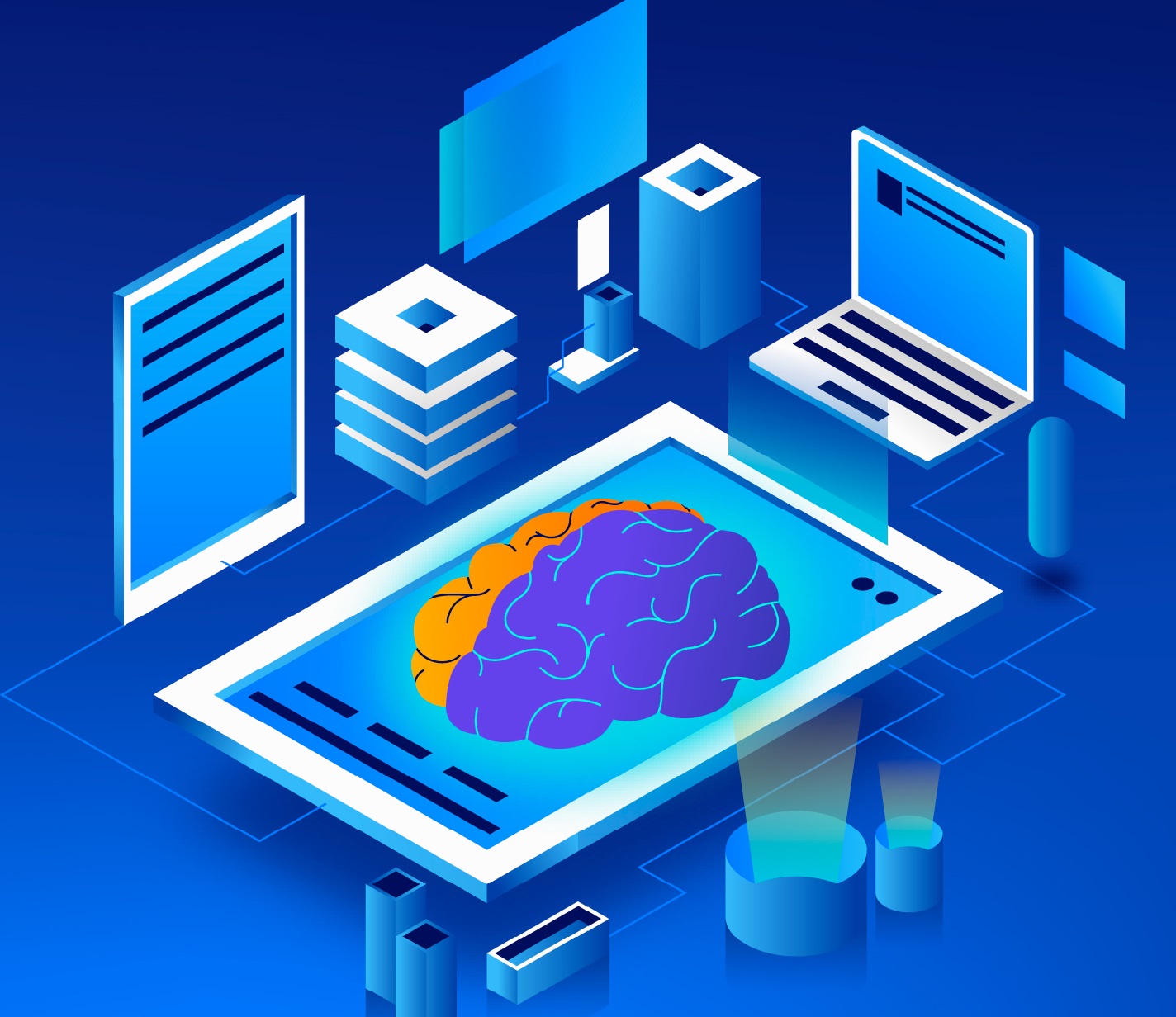In today’s digital era, businesses are constantly seeking innovative ways to reach their target audience and maximize their advertising efforts. Artificial Intelligence (AI) has emerged as a powerful tool in the advertising landscape, revolutionizing the way brands connect with consumers. AI advertising utilizes intelligent algorithms and data analysis to optimize campaigns, personalize messaging, and enhance overall marketing effectiveness. This article explores the pros, cons, tips, and real-world examples of AI advertising, shedding light on its potential impact on businesses and consumers alike.

Pros of AI Advertising
1. Enhanced Targeting: AI advertising enables precise targeting by leveraging vast amounts of data. By analyzing user behavior, preferences, and demographics, AI algorithms can identify the right audience for a specific product or service. This ensures that advertisements are shown to the most relevant individuals, resulting in higher conversion rates and better return on investment.
2. Personalization: AI-powered advertising allows for personalized messaging at scale. By tailoring ads based on user preferences, browsing history, and purchase patterns, brands can create a more engaging and relevant experience for consumers. Personalization helps build stronger connections, increases brand loyalty, and boosts overall customer satisfaction.
3. Real-time Optimization: AI algorithms constantly analyze and optimize advertising campaigns in real-time. They can adjust targeting parameters, ad formats, and delivery schedules to ensure maximum impact and efficiency. This dynamic optimization helps businesses adapt to changing market conditions, improve performance, and stay ahead of the competition.
4. Cost Efficiency: AI advertising eliminates guesswork and reduces manual labor, resulting in cost savings for businesses. By automating tasks such as ad placement, bid management, and performance tracking, companies can optimize their advertising budgets and achieve higher ROI. AI algorithms identify cost-effective channels, eliminating wasteful spending on irrelevant audiences or underperforming campaigns.
Cons of AI Advertising
1. Data Privacy Concerns: AI relies on extensive data collection, which raises concerns about privacy and data security. Gathering user data for targeted advertising purposes may face scrutiny from regulators and privacy-conscious consumers. Businesses must adopt transparent data practices, comply with regulations, and prioritize user consent to mitigate potential risks.
2. Lack of Human Touch: While AI excels in personalization, it may lack the emotional connection and creative flair that human-generated content can provide. Brands should strive for a balance between AI-driven personalization and authentic human storytelling to create impactful advertising campaigns.
3. Algorithm Bias: AI are trained on historical data, which may inadvertently perpetuate biases or stereotypes. If not carefully monitored and fine-tuned, these biases can lead to discriminatory or unfair ad targeting. Brands need to regularly audit and adjust their AI models to ensure fairness and inclusivity in their advertising efforts.
Tips for Effective AI Advertising
1. Invest in Quality Data: AI relies heavily on data, so businesses must prioritize collecting and analyzing accurate and relevant data. High-quality data sources ensure better targeting, personalization, and campaign optimization. Additionally, data hygiene practices, such as regular data cleansing and validation, are crucial to maintain data integrity.
2. Continuously Optimize AI Models: AI algorithms require ongoing monitoring and optimization. Regularly assess the performance of your AI models, refine targeting parameters, and adjust ad creatives to maximize results. A continuous learning approach allows for iterative improvements and better campaign outcomes over time.
3. Maintain Transparency and Ethics: Be transparent with users about data collection, storage, and usage. Obtain explicit consent and provide clear options for users to control their data preferences. Embrace ethical practices that prioritize user privacy, fairness, and accountability in AI advertising.
4. Combine AI with Human Expertise: While AI can automate and optimize many advertising processes, human expertise remains invaluable. Blend AI technology with human creativity and intuition to craft compelling narratives, design visually appealing ads, and connect emotionally with the target audience.
Real-world Examples of AI Advertising
1. Netflix: The streaming giant uses AI algorithms to analyze user behavior and preferences, enabling personalized content recommendations. By leveraging AI, Netflix increases customer engagement, improves user satisfaction, and maximizes content consumption.
2. Amazon: The e-commerce behemoth employs AI-driven recommendation engines that suggest relevant products based on customer browsing and purchase history. These personalized recommendations enhance the user experience, drive cross-selling, and increase sales.
3. Coca-Cola: Coca-Cola utilizes AI to deliver personalized ads at scale. Through AI algorithms, they create individualized messages and target specific demographics, achieving higher customer engagement and brand affinity.
4. Spotify: Spotify employs AI algorithms to curate personalized playlists and recommend music based on user listening habits. This personalized approach enhances the user experience, increases user retention, and drives subscription growth.
Conclusion
AI advertising presents numerous opportunities for businesses to optimize their advertising efforts, connect with their target audience, and achieve better results. With enhanced targeting, personalized messaging, and real-time optimization, AI enables brands to deliver impactful campaigns while maximizing their advertising budgets. However, it is essential to address concerns related to data privacy, algorithm bias, and the lack of human touch. By investing in quality data, continuously optimizing AI models, maintaining transparency, and blending AI with human expertise, businesses can harness the power of AI advertising to create compelling and effective campaigns that resonate with their target audience.
Related Articles:
1. The Pros and Cons of AI in Marketing
2. 7 Types of AI Marketing Tools That Drive Leads
3. What Is AI Marketing? The Benefits & Disadvantages




